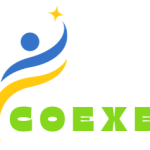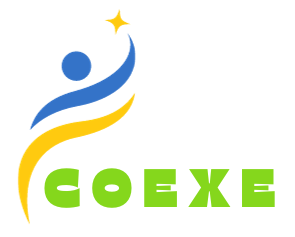
Co-creation through experiments for inclusive economy
Project goal: to develop practices and research infrastructure that contribute to the greening of business practices and the achievement of Sustainable Development Goals (SDGs) through co-creation and experimental research involving multiple actors.
Our objective is to develop a model and create a cooperation structure that will provide transnational capacities for achieving SDGs through co-creative experimental research. Our aim is to increase the capacities of the HEIs and businesses to contribute to the achievement of SDGs jointly. Enhancing scholar’s and business individuals’ knowledge and experiences will enable the adoption of novel methodologies for achieving SDGs and tackling the important issues of an inclusive economy and the need to provide more avenues for achieving it. For example, by working together, HEIs and businesses can develop innovative solutions to address climate change, promote sustainable consumption and production, and reduce poverty and inequality. This can be done only through interconnected higher education system. Our partnership is an example of such an inter-connected HEIs effort. Furthermore, through the sustainability network, models, e-tools, and guidelines, this inter-connected approach can be replicated by other HEIs and European countries. By taking a co-creative experimental approach, we contribute to building an inclusive higher education system that is cooperating with the key stakeholders (industry) in the creation of a joint effort to fight against inequality and promote economic inclusion. The domains of agriculture, digital innovation, and recycling, is a prime example of this challenge, and providing a proposal how it can be solved is aligned with the horizontal priority. This is in line with the European Union’s (EU) document, ‘Towards an Inclusive, Innovative and Reflective Societies: A European Strategy for Sustainable and Inclusive Growth’.
Training of the co-creation experiment research team.
Latest meeting conclusions will be added here.

Contact us at:
This project has been funded with support from the European Commission. The author is solely responsible for this publication (communication) and the Commission accepts no responsibility for any use may be made of the information contained therein. In compliance of the new GDPR framework, please note that the Partnership will only process your personal data in the sole interest and purpose of the project and without any prejudice to your rights.
